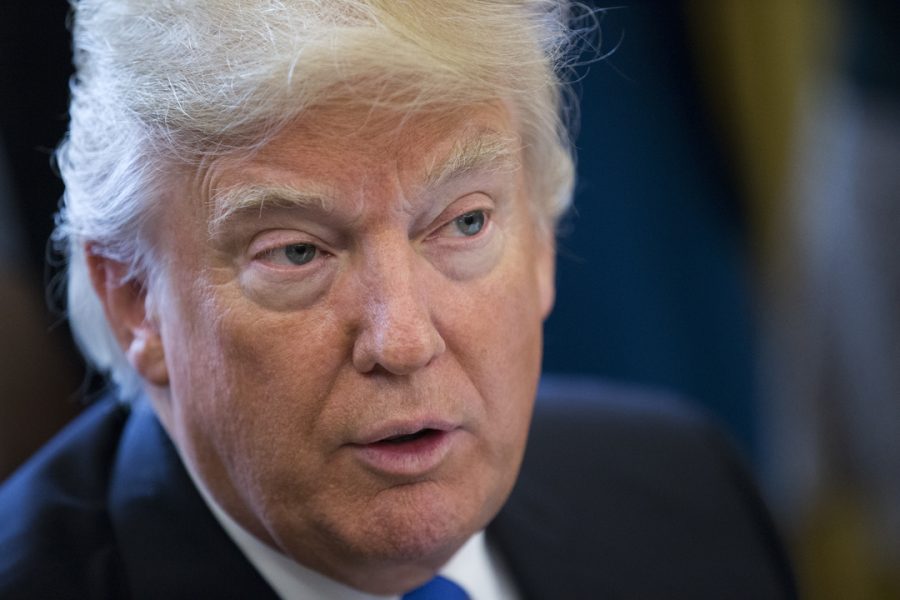Before Donald Trump had even been sworn in as the next President of the United States, Pennsylvania Sen. Daylin Leach began a push to oppose the new administration’s influence through the democratic channels of the state Senate.
Sen. Leach released a memorandum just hours before then-President-elect Trump was to take his inaugural oath on Friday. The five-sentence-long note urged fellow senators to support a future legislation that would require any presidential candidate to release their tax returns in order to be listed on Pennsylvania’s ballot. The senator’s plans are well-intentioned and an astute illustration of how lower-level governments can effect change in Trump’s America, but they are also a measure that could be extended to Pennsylvania’s ballots in all elections, not just the presidential one.
The Democratic senator specifically cited the 2016 presidential election and Trump’s refusal to release his tax returns as the catalyst for why such legislation is needed. Steve Hoenstine, spokesperson for the senator, told The Pitt News that the unprecedented power and responsibility of the President make the extra regulations necessary. His influence on foreign affairs and control of the military makes it imperative that the American people and the intelligence community be aware of any potential conflicts of interest.
Although Leach’s proposal may have been more helpful months ago, it still holds legitimacy both symbolically and practically. In a swing state like Pennsylvania, not having your name on the ballot could confuse a voter or two and turn the tides from red to blue. In a presidential election, voters will still be able to write in a candidate, so the impact may not be too harsh, but the legislation would demonstrate a symbolic commitment to the standards Pennsylvania will hold presidential candidates to.
“This is not barring people from voting for specific people, but there is a certain amount of sanctity to a ballot,” said Hoenstine, recognizing that though the bill may not influence presidential elections drastically, it will set a precedent for laws that hold presidential candidates accountable.
In any administration, especially one like Trump’s, big changes like these have to come from the state level first before we can expect them to be implemented nationally. Leach has also supported a push for Pennsylvania to join the National Popular Vote Compact, an agreement among states that they will award their Electoral College votes to the presidential candidate who wins the majority of the popular vote. This is another clear pushback against the President and one that highlights the role states can play in effecting change over the next four years.
But Leach could potentially go one step further by demanding the same transparency from anyone running for elected office throughout the state. On a local level, where elections and candidates are less well-known, not having your name on the ballot could damage the final tallies by significant margins.
Hoenstine said that this specific bill doesn’t include parameters that would extend the ballot stipulation to the state level, but that Leach wouldn’t oppose a different bill that did propose such changes.
While releasing tax information is a long-held tradition when running for public office, requiring it in order to appear on the ballot is a way for Pennsylvania to officially declare the tradition as law on all levels. With this legislation, the state could prevent future debacles, like Trump’s refusal to release his returns, from happening again.
As President Trump continues to ignore social movements, marches and protests, perhaps taking a legislative approach to voicing opinion can add to the ever-growing noise. If the legislation were to pass, it would set a precedent not only about the transparency of elected officials but also serve as inspiration for how other local and state governments can counter presidential power.



